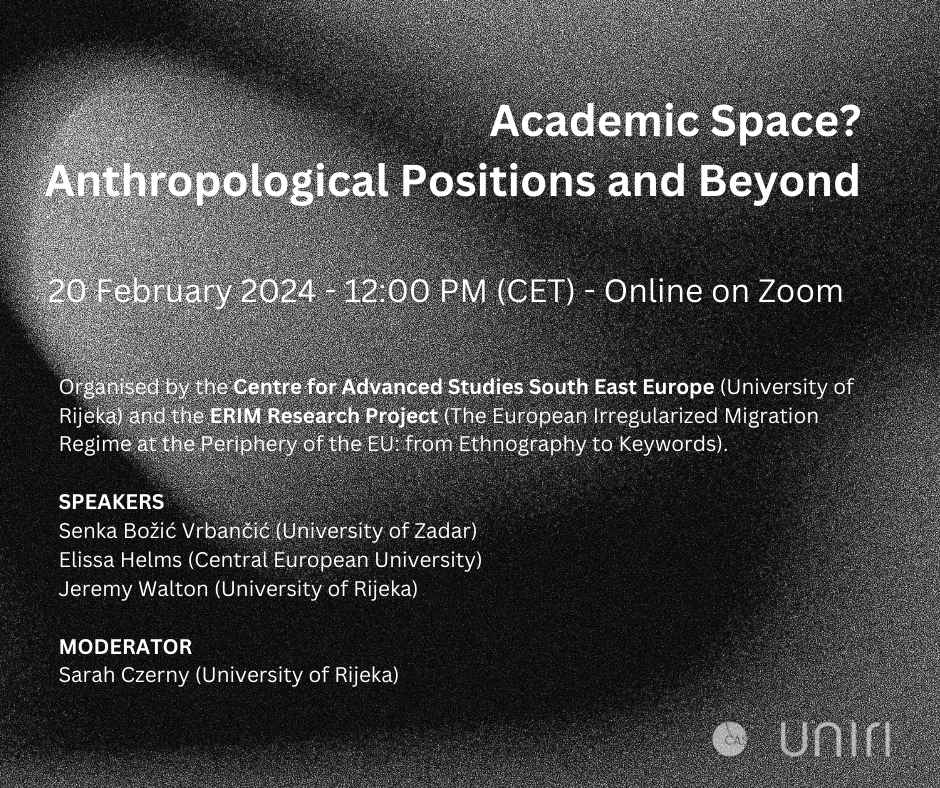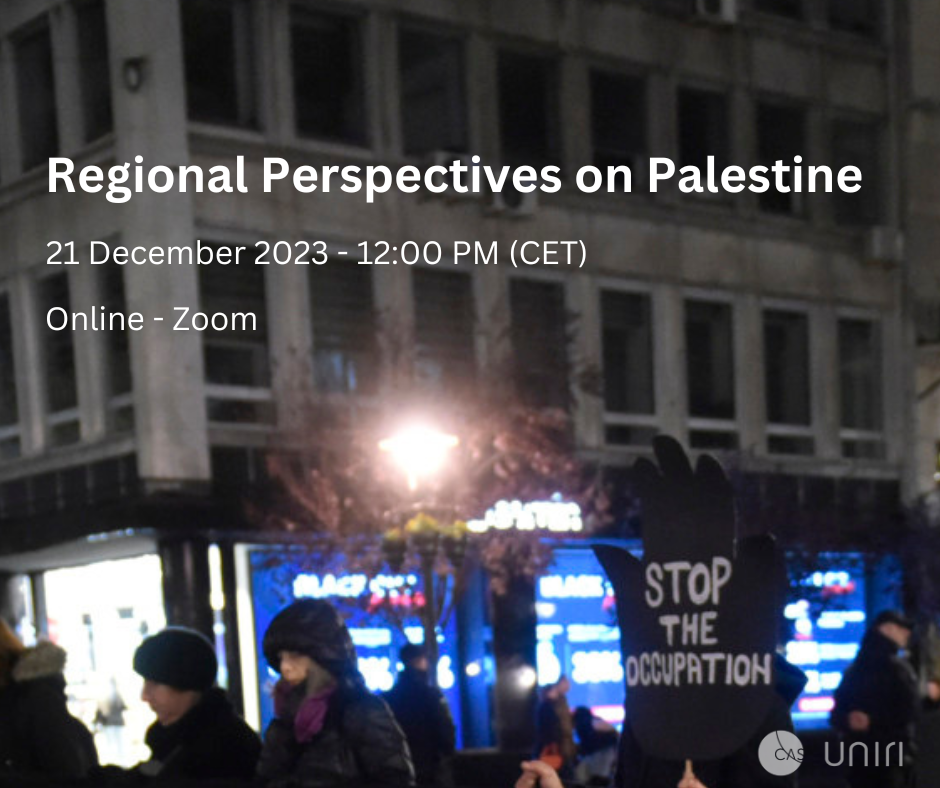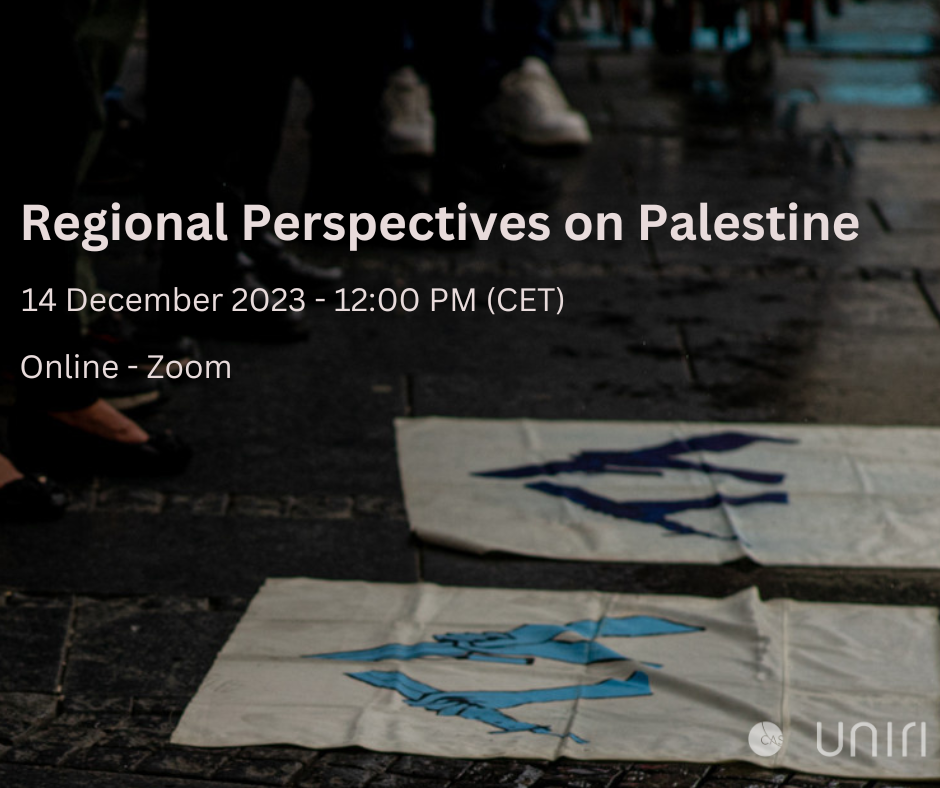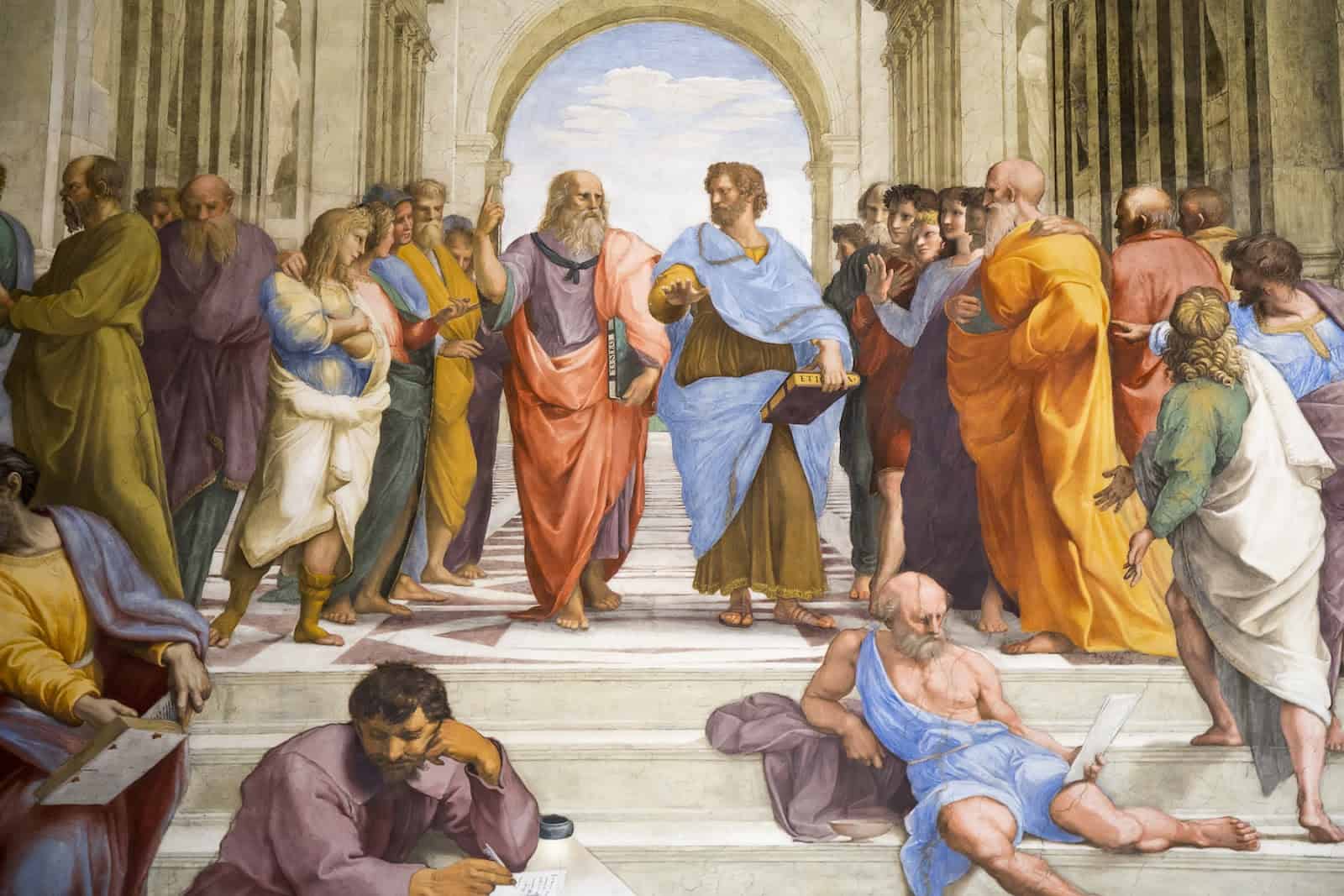“A bastion of Brotherhood and Unity”? Socialist Yugoslavism and national identities in post-war Rijeka
In the last years international historiography has devoted more attention to the history of Yugoslavism, nevertheless the role of a new Yugoslav identity in the building of Tito’s socialist federation after 1945 is still a matter of debate among scholars. Inspired by recent works which are reconsidering the definition of national identities in communist states, this research proposes to investigate the politics of identity implemented in the particular context of Rijeka, as a urban centre that became part of the South Slav state just after the Second World war. The research work follows recent trends that started to consider the urban centres of South-East Europe as unique subjects of study, important in better understanding wider political and cultural dynamics. On the one hand, Rijeka’s affirmation of belonging to the Yugoslav state was strategic, on the other the city was characterized by the presence of multiple heritages and identities which were officially recognized in Socialist Yugoslavia (as the Croatian and the Italian). The tensions and negotiations in the definition of the politics of identity are explored considering urban public spaces as arenas where ideological variations are expressed by monuments, street and place names, museum exhibitions, public celebrations, etc. The focus on the Party’s approach to Rijeka’s multicultural identity will help to understand the complex balance between multiculturalism and integrative tendencies in the legitimation and consolidation of the Yugoslav socialist system.




